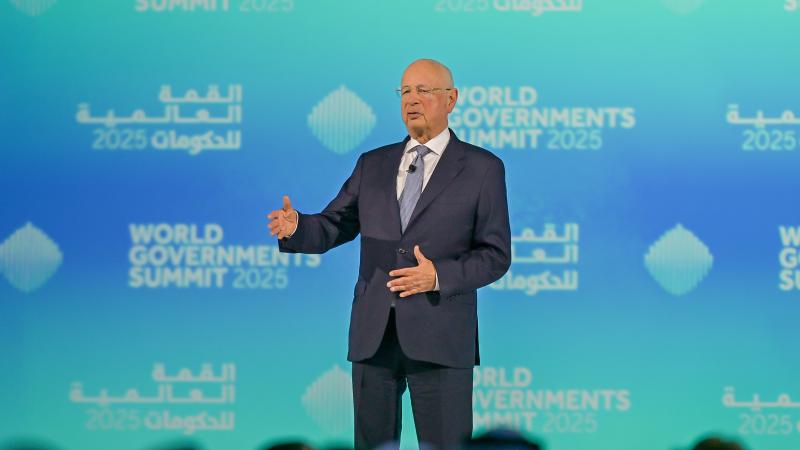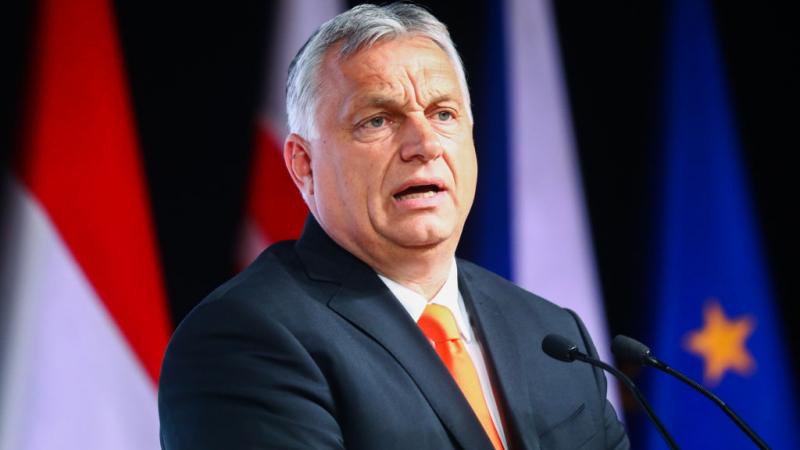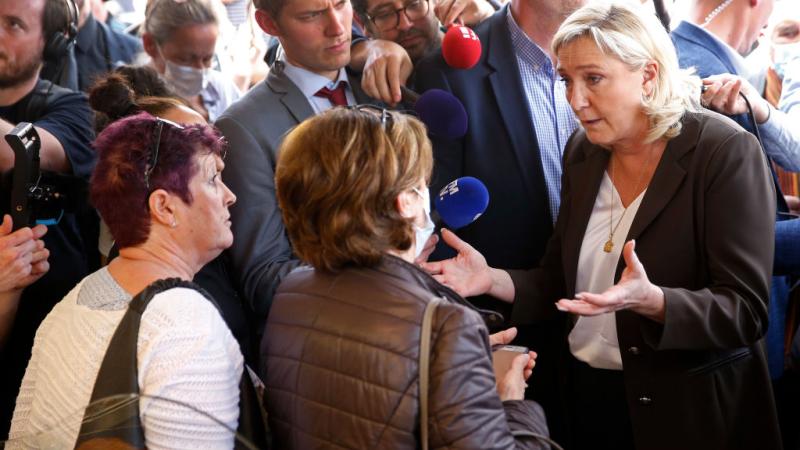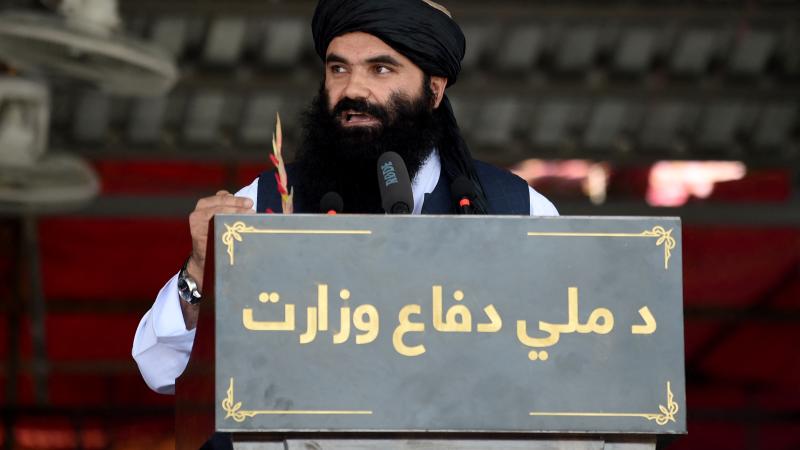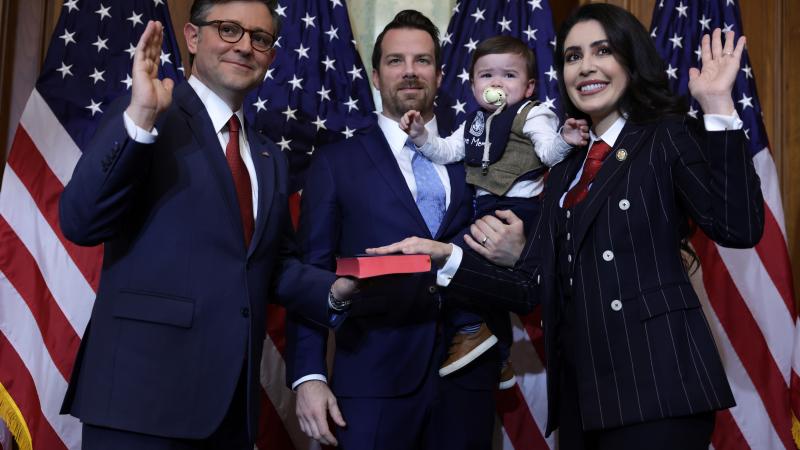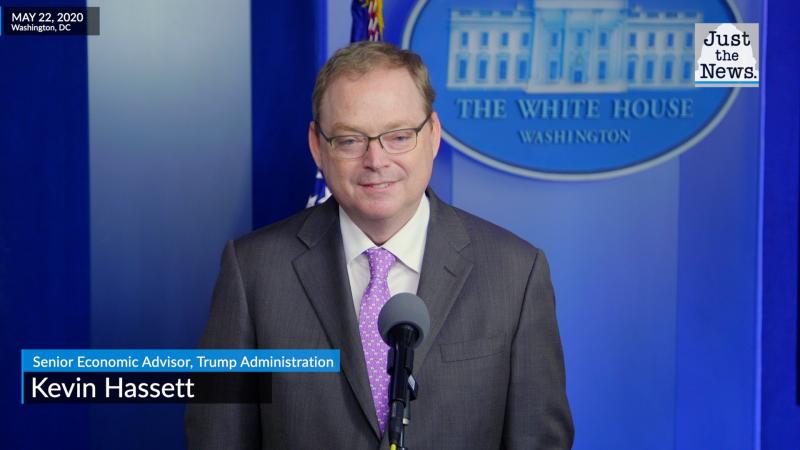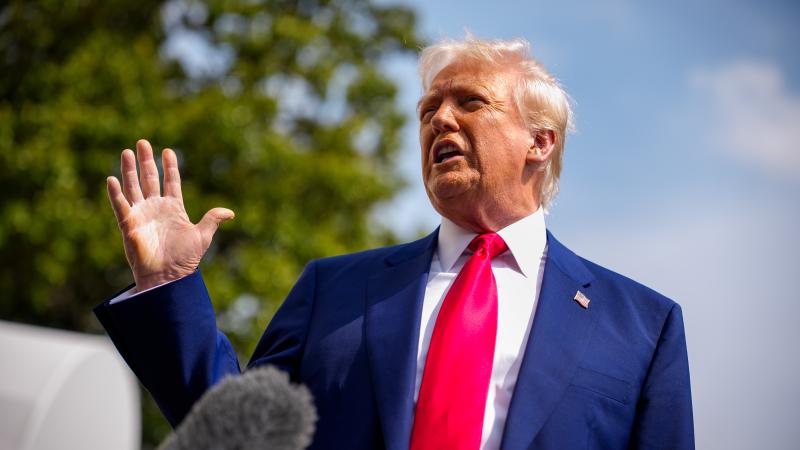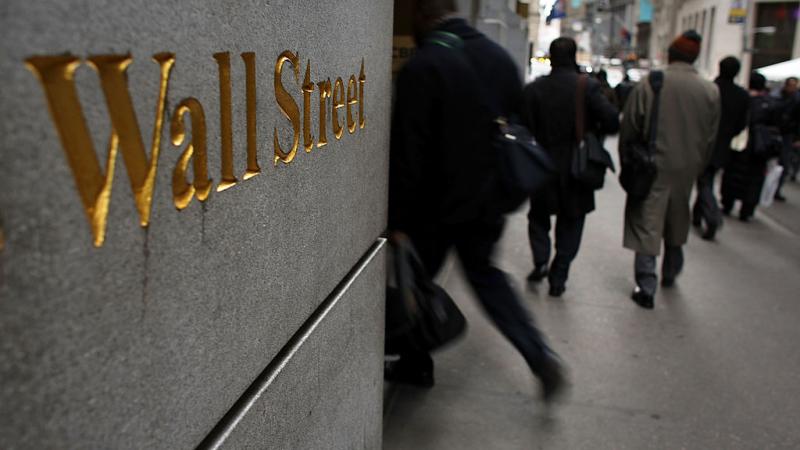Europe tries to organize united response to Trump tariffs, but consensus appears challenging
Trump appointed Elon Musk, meanwhile, says he's hoping for a “zero tariff situation” between the US and Europe.
The European Union will try this week to present a united front against President Donald Trump's tariffs, with the European Commission planning to present to members Monday a list of U.S. products on which to impose extra duties.
The plan by the commission, which coordinates EU trade policy, is in specific response to Trump's earlier steel and aluminum tariffs rather than the broader, more-recently announced reciprocal levies, according to Reuters. But the consensus among the countries appears challenging, considering the leaders each have their own domestic considerations.
Among the EU leaders who appear most eager to retaliate are French President Emmanuel Macron, who is calling Trump's tariffs “brutal and unfounded.”
Macron wants, in response, to suspend billions in French investments in the U.S. until the tariffs are removed. He has called on other European Union member states to do the same.
Ursula von der Leyen, president of the European Commission, said European countries were “prepared to respond” to the new policies, but afterward said “There seems to be no order in the disorder."
In Germany and Italy, the European Union’s largest and third-largest economies, respectively, the situations are more complicated.
German Chancellor Olaf Scholz criticized the measures as “an attack on the global trade order.” But he’s a lame duck after a humiliating defeat in February’s general election. And Friedrich Merz, Scholz’s likely successor, is trying to cobble together a viable coalition, adding the U.S. levies to an already long list of obstacles he faces.
Italy’s Giorgia Meloni is probably the European leader closest to Trump. Ahead of his tariff announcement, she had been a steady voice urging “prudence” when it came to Europe’s debate over potentially aggressive countermeasures.
But afterward, Meloni finds herself trying to walk the same delicate line other European leaders have traversed in recent weeks, calling the tariffs “a mistake but not a catastrophe” and vowing to defend Italy’s interests while still calling for talks to avert a trade war.
Meanwhile, Meloni’s lieutenant, Trump devotee and Italy’s Deputy Prime Minister Matteo Salvini, has said Europe should not even consider countermeasures.
“Taking revenge for tariffs? Opening trade wars with the U.S. would be an unfortunate choice,” said Salvini, who in February said Trump could deserve a Nobel Peace Prize this year.
The result? The trade issue, along with differences of opinion about Ukraine and the debate over European rearmament, has left Meloni straining to prevent what was once Europe’s most stable major coalition from collapse.
Against that backdrop, billionaire entrepreneur and Trump administration appointee Elon Musk this weekend appeared to split from the administration on European tariffs, saying he hoped for a “zero tariff situation” between the US and Europe.
As is often the case in Europe, the challenge is getting enough consensus among 27 member states to put action behind words.
In recent years, Europe has fallen short when it comes to migrants, security, foreign economic development, anti-democratic developments in neighboring Turkey, universal basic income, anti-racism laws, and any number of other areas.
When Trump first announced a 25% tariff on imported steel and aluminum, Europe unveiled its own package of around $30 billion in targeted retaliatory tariffs that were scheduled to enter into force last Tuesday.
In response, Trump threatened 200% tariffs on wine and other alcohol from Europe, so leaders quickly voted to delay implementing their tax package for two weeks.
That April 15 deadline remains on the books, and one test of European unity in this area will be to monitor whether the European tariffs are allowed to enter into force – or perhaps even strengthened.
Meanwhile, European markets are tanking. The Stoxx 600 index of European companies shed more than 15% of its value in the two weeks ending Friday (more than double the damage to the Dow Jones average over the same span), with carmakers, financial institution and transport companies hit especially hard.
In several European markets, losses on Friday alone were the largest since the Sept. 11, 2001, attack on the World Trade Center in New York.
The euro currency has also weakened against the U.S. dollar, bond yields have spiked, and economists warn it wouldn’t take much to push slow-growing European economies into recession territory.
The Facts Inside Our Reporter's Notebook
Links
- Trumpâs highly-anticipated Rose Garden announcement
- brutal and unfounded
- to do the same
- prepared to respond
- an attack on the global trade order
- long list of obstacles
- a steady voice urging âprudenceâ
- a mistake but not a catastrophe
- avert a trade war
- Taking revenge for tariffs?
- Trump could deserve a Nobel Peace Prize
- Europeâs most stable major coalition from collapse
- migrants
- security
- foreign economic development
- anti-democratic developments in neighboring Turkey
- universal basic income
- anti-racism laws
- Trump threatened 200-percent tariffs
- delay implementing their tax package for two weeks
- European unity in this area
- shed more than 15 percent of its value
- more than double the damage to the Dow Jones average
- euro currency has also weakened against the U.S. dollar,
- bond yields have spiked
- push slow-growing European economies into recession territory

